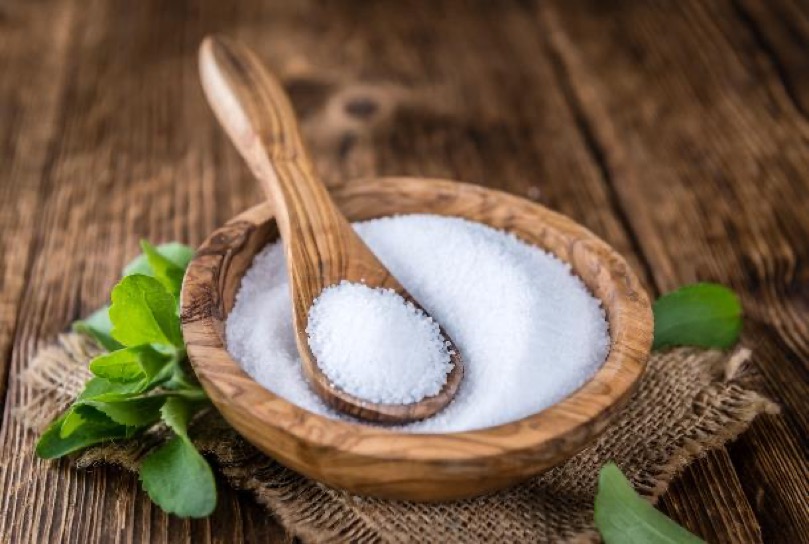
Introduction
Globally,
consumers remain vigilant about the ingredient information displayed on product
packaging for a variety of reasons. These reasons include seeking safety and
quality assurance, as well as the desire to avoid or moderate what they
perceive as harmful dietary components. Regardless of the specific motivation,
consumers seek the ability to quickly assess a product’s nutritional profile,
leading to a heightened preference for “free-from” claims and
simplified ingredient lists. There is also a strong demand for straightforward
nutritional labeling to address concerns about undisclosed ingredients hidden
behind complex labeling strategies.
Research indicates that a significant majority of consumers express a preference for sugar-free claims, ranking behind only natural and additive-free claims in popularity. For instance, FMCG Gurus’ consumer insights reveal that 64% of global consumers like to see sugar-free claims. While consumer attitudes toward sugar are multifaceted, the overall tendency is to view sugar negatively, often considering it a primary dietary concern.
Attitudes Toward Sugar
Despite the prevailing negative attitudes toward sugar, a significant portion of consumers report a shift in their perceptions of sugar over the past few years. This indicates that as consumers increasingly take a proactive approach to their health and become more concerned about the long-term effects of their dietary choices, they are paying closer attention to their sugar intake. One of the primary reasons for the unfavorable view of sugar is its association with obesity. For example, FMCG Gurus’ market research indicates that 76% of global consumers believe sugar is a cause of obesity. Given the current concerns about rising prices in the food and beverage market, as well as the post-pandemic emphasis on self-assessment and physical appearance, many individuals are cautious about consuming excessive sugar and its potential impact on their health.
Monitoring Sugar Intake
Roughly
one-fifth of consumers indicate that they are managing a health condition that requires
careful monitoring of their sugar consumption. For instance, FMCG Gurus’ consumer
insights reveal that 20% of global consumers say they suffer from health issues
that require them to take care of their sugar intake. This highlights a
significant segment of people concerned about their sugar intake not only for
its immediate effects on physical appearance, but also due to the potential
serious health implications.
Furthermore, within the upcoming year, consumers are prioritizing various aspects of their well-being that are directly influenced by sugar intake, particularly heart health. This heightened focus is expected to bring increased attention to the topic of sugar consumption as individuals strive to maintain fitness and vitality well into the later stages of life while reducing the risk of disease and illness. As people engage in research and self-education about the impact of sugar on the body, the subject of sugar intake is likely to come to the forefront. Although these developments may not lead to fundamental and long-term changes in dietary habits for consumers, they do indicate that excessive sugar consumption can evoke feelings of concern and guilt after consumption.

Can Sugar Intake in Moderation Have Positive Benefits?
Despite
the prevailing negative sentiments towards sugar, stemming from concerns about
excessive intake and the challenges of monitoring it, four in ten individuals
uphold the belief that moderate sugar consumption is important as part of a
well-rounded diet, although compared to two years ago, there has been a decline
in the proportion of people expressing this view.
When asked about the benefits they associate with sugar, respondents commonly identified energy-boosting and mood enhancement as the primary advantages. However, the uncertainty of escalating prices and global conflicts in the upcoming year can lead to heightened stress and anxiety for many individuals, consequently disrupting their ability to rest and sleep properly. This can result in feelings of fatigue and difficulty in navigating daily activities. Consequently, despite the awareness of excessive sugar intake, individuals are anticipated to continue turning to high-sugar items in the coming year as a means of escape and for energy-boosting purposes.
